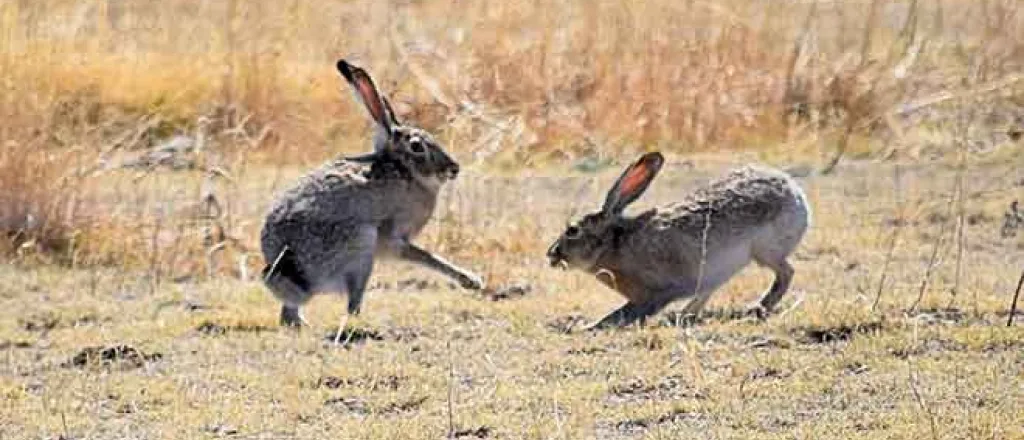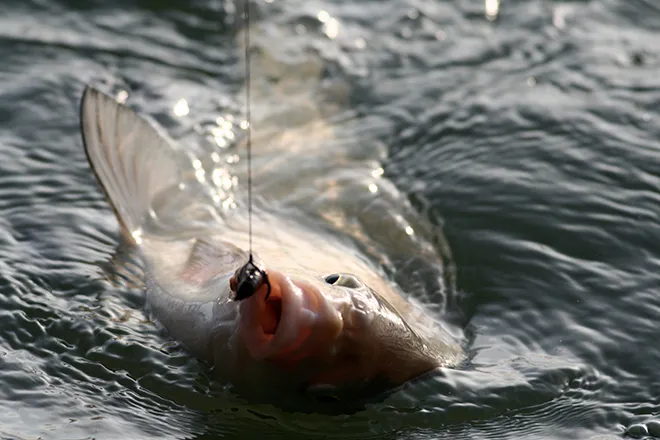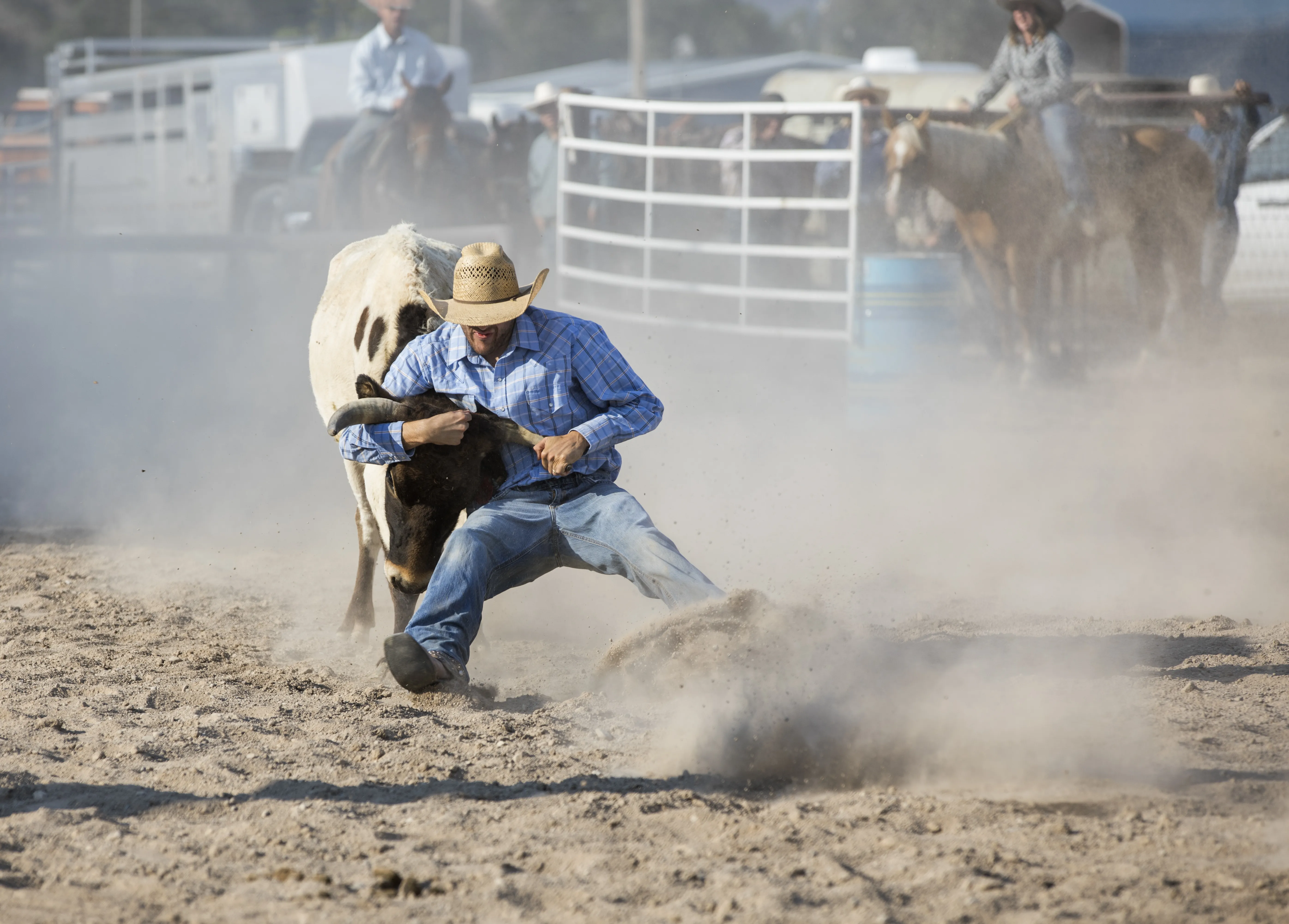
Rabbit Hemorrhagic Disease confirmed in El Paso, Prowers counties
Feral and wild rabbits found recently at two sites in southeastern Colorado died from the highly contagious and deadly Rabbit Hemorrhagic Disease Virus type 2 (RHDV-2).
These Front Range and Eastern Plains deaths came after the disease was found in the San Luis Valley, prompting Colorado Parks and Wildlife (CPW) and the Colorado Department of Agriculture (CDA) to renew their request for the public’s help in tracking its movement.
The CPW wildlife health program confirmed that RHDV-2 killed at least 20 feral rabbits near Calhan, about 35 miles northeast of Colorado Springs in El Paso County. They were reported to CPW on May 2.
And the disease was confirmed in a cottontail collected April 25 in rural Prowers County, which borders Kansas and includes the town of Lamar.
These reports follow the discovery in April of RHDV-2 in at least three wild cottontails and one wild jackrabbit approximately 10 miles southeast of Alamosa in Costilla County in the San Luis Valley of south-central Colorado.
RHDV-2 does not affect humans or domestic species other than rabbits, but it is highly contagious and has proven, in Europe, to be lethal among rabbits – both domestic and wild rabbits – as well as species that prey on them.
RHDV-2 is considered a foreign animal disease and is of high concern at the state and federal levels. Only recently did scientists discover RHDV-2 had infected North American cottontails or hares as cases were reported in New Mexico, Arizona and Texas. Now cases have been reported in other Western states.
The public is asked to watch for multiple dead or sick rabbits, which can signal RHDV-2 or a sign of tularemia or plague, diseases that can cause serious illness in people. Do not handle or consume sick or dead wildlife and do not allow pets to contact or consume wildlife carcasses. RHDV-2 is from a different viral family than coronavirus and is not related to COVID-19.
Guidelines for Wild Cottontails, Hares and Pika
- Please report multiple sick/dead wild rabbits, jackrabbits, snowshoe hares or pika to your local CPW office.
- Do not handle rabbits or rodents that have been found dead.
- Do not allow pets or scavengers to feed on found carcasses. Though RHDV-2 is not a risk to pets other than domestic rabbits, a number of other pathogens and parasites from carcasses can affect pets.
- Do not handle or consume rabbits or other game animals that appear to be sick. Instead, report these cases to the nearest CPW office.
- Meat from healthy rabbits harvested by hunters is safe to consume when cooked thoroughly.
Guidelines for Domestic Rabbits
- Rabbit owners should exercise extreme caution and biosecurity to avoid accidental exposure of domestic rabbits through contaminated feed, bedding, equipment or clothing that may have come in contact with infected domestic or wild rabbits or birds that could transfer the virus from infected wild rabbits.
- Domestic rabbits should not be housed outdoors in areas where rabbit hemorrhagic disease has been detected in wild rabbits.
- Contact your veterinarian for more information about this disease in domestic rabbits.
Helpful Links on RHDV-2:
https://cpw.state.co.us/Documents/Wildlife-Health/Rabbit_Hemorrhagic_Disease.pdf
http://www.cfsph.iastate.edu/Factsheets/pdfs/rabbit_hemorrhagic_disease.pdf
https://www.aphis.usda.gov/publications/animal_health/fs-rhdv2.pdf
https://www.colorado.gov/aganimals/rabbit-hemorrhagic-disease-virus-rhdv2

















